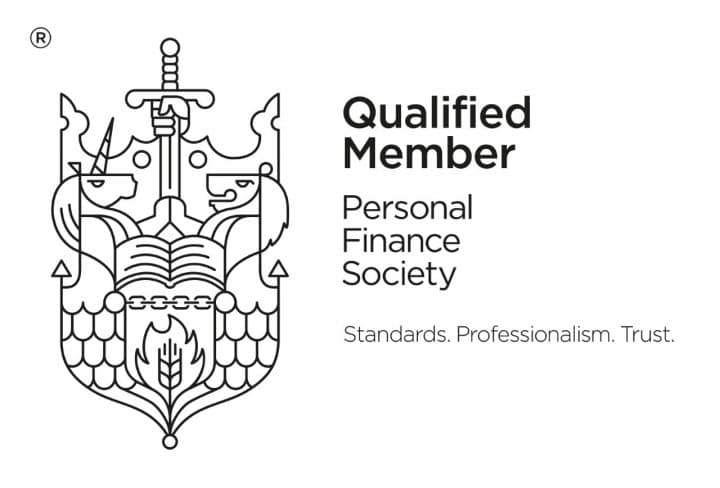In this blog post we will explore the information that a financial adviser needs in order to do their job to the highest level. We will also touch on the different roles, types, and why you should speak to an adviser about your finances.
Understanding the Role of a Financial Adviser
A financial adviser is a professional who offers specialised guidance on managing your finances. This advice can widely span across investment, pensions, financial products, mortgages and more. The adviser’s role is instrumental in guiding individuals to make educated financial decisions which secure their future.
Types of Financial Advisers
There are mainly two types of financial advisers: independent and restricted. An independent financial adviser provides unbiased advice on the full range of products available in the market. Conversely, a restricted adviser specialises either in one or few areas of financial products or providers.
Before you get advice, it’s crucial to decide whether you need independent or restricted advice. Your decision should be based heavily on your current financial situation and objectives.
Why Speak to an Adviser?
Advisers offer professional financial advice tailored to meet your needs. They assess your current financial position and assist you in devising a robust plan that aligns with your set goals. Whether you’re looking for general tips or specific advice on products like ISAs or pensions, speaking with an adviser can give you insights into potential risks and rewards.
Choosing a Qualified Adviser
When choosing a financial adviser, there are certain things that one must consider:
Qualification: The chosen adviser must hold qualifications regulated by the Financial Conduct Authority (FCA). Ask for their Statement Of Professional Standing (SOPS) as proof.
Risk Profile: It’s critical that the adviser understands your attitude towards risk as this will greatly influence investment decisions.
These considerations ensure that you get reliable advice from credible professionals who understand your needs. For more information check out our guide answering 7 Questions You Should Ask When Picking A Financial Adviser.
How to Find a Financial Adviser
Take time to research potential advisers before making any decision. Use resources like Unbiased or the FCA register which lists all regulated UK based Advisers.
Once potential candidates have been found, arrange an initial meeting — often known as ‘fact find’. During these sessions, many advisers ask detailed questions about your current financial situation and objectives to understand them better.
The right adviser will not only provide advice but also explain how much their services will cost and answer any questions you may have.
Information Your Adviser Needs
During the first meeting, there is certain information that an adviser needs:
Understand Your Goals: They’ll want to know what you aim to achieve financially.
Evaluate Your Current Financial Position: Including assets, liabilities, income etc.
Identify Your Risk Tolerance Level: To suggest suitable investment strategies.
The information obtained helps the adviser create personalised strategies best suited for achieving your goals while keeping within comfortable risk boundaries.
Paying For Advice
Financial advisery fees differ based on how complex the service provided is; it’s best discussed directly with the adviser during initial discussions so that there are no surprises later regarding costs.
All said; remember good financial health isn’t just about amassing wealth— it’s also about making informed decisions which safeguard our future — this is where engaging with professional advisers becomes invaluable.






